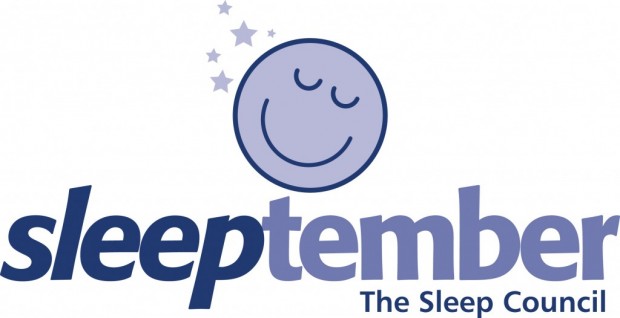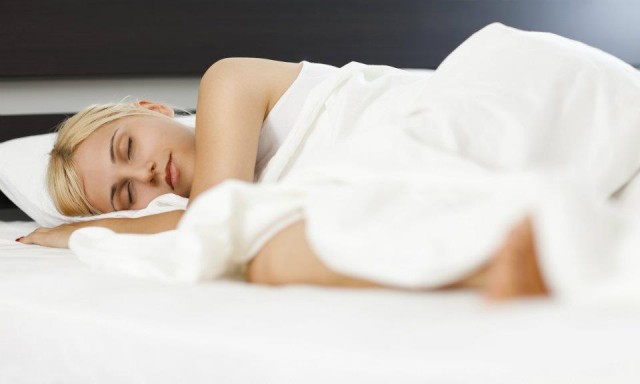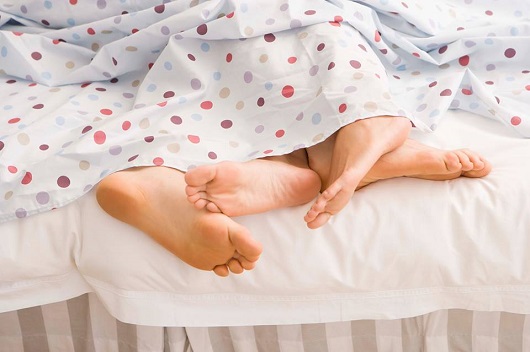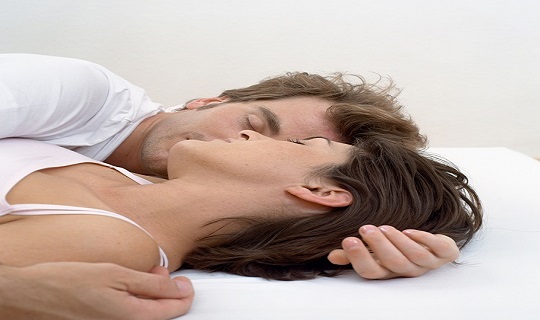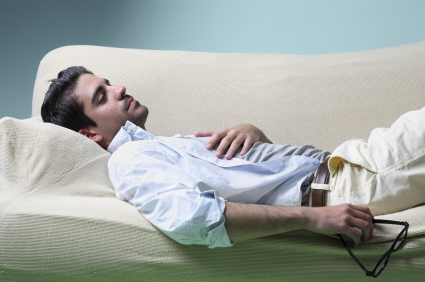
Have you ever said to someone: ‘I had a bad night’s sleep last night’, for them to respond by saying: ‘Get your head down for a few hours this afternoon and you’ll be alright’? They may be right in that a quick nap can help rejuvenate the body but if napping after 3pm, it may affect you getting to sleep later that night, thus creating a viscous cycle. Some other common sleep myths include:
Sleep Myths Busted
Sleep Myth 1:
Everyone needs 8 hours of sleep at night.
Busted!
Sleep is vital to our health and well-being, and is just as important as diet and exercise. Prof Jim Horne, director of Loughborough University’s Sleep Research Centre, says that we don’t need eight hours at all, suggesting that the average sleep length is seven and a quarter hours with lots of people having more or less than the average. Teens / young people need about 8 – 9 hours of sleep each night to function best. However, many young people do not get this amount as they tend to go to sleep later at night and are up early for school during the week. Check out our self-help sleep tips for teens. Younger children need even more sleep. When children don’t get enough sleep their behaviour and mood can be affected. They may become hyperactive at night leading to drowsiness during the day. Check out our guide to help your child to get a good night’s sleep.
Sleep Myth 2:
The weekends are a great time to catch up on all that sleep you’ve missed during the week.
Busted!
Although it’s very tempting to have a lie-in on weekends, it’s important to keep a regular sleep schedule seven days a week. Regular bedtime and waking times will make it easier for you to naturally fall asleep at night.
Sleep Myth 3:
Older people need less sleep that younger people.
Busted!
The Sleep Council has found that that older people may experience changes in their sleeping patterns due to numerous factors such as brief arousals in the night, loss of deepest levels of non-REM sleep, more daytime napping, a drop in body temperature during sleep and they prefer earlier bedtimes and earlier wake-up. However, research has shown that we need just as much sleep when we’re older as we did when we were younger.
Sleep Myth 4:
Layering the duvets, blankets and covers to make the bed really toasty will help you sleep better.
Busted!
Believe it or not but the body needs a cooler temperature to aid restful sleep. 16-18°C is the perfect temperature for the room to be. To keep the bedroom cool try opening windows to create a draught and keep your curtains or blinds drawn during the day to keep the sun out.
Sleep Myth 5:
A nice glass of wine will help you sleep better.
Busted!
Alcohol may make you tired and put you to sleep faster but will interrupt your sleep later on in the night.
Sleep Myth 6:
Snoring is harmless.
Busted!
People who snore regularly could be at risk of serious health problems, including sleep apnoea, which can result in high blood pressure and a higher risk of heart attack and stroke. For more information on sleep apnoea, check out our recent blog post.

Top tips for sleeping well
- Keep regular hours.
- Create a restful sleeping environment.
- Make sure your bed is comfortable.
- Cut down on stimulants such as caffeine in tea or coffee – especially in the evening.
- Don’t over-indulge. Too much food or alcohol, especially late at night, just before bedtime, can play havoc with sleep patterns.
- Try to relax before going to bed.
- Don’t take your worries to bed.
- If you can’t sleep, don’t lie there worrying about it. Get up and do something you find relaxing until you feel sleepy again – then go back to bed.
What to do next
At Dalzell’s of Markethill our expert staff are on-hand to advise on any sleep needs you or your family have. As a Sleep Council retailer, we take your concerns seriously and will provide you with the best advice on beds, mattresses and bedding to suit your particular circumstances. Visit us in-store, call 028 3755 1260, email or go online where you’ll find lots of information on getting a good night’s sleep, best buys and choosing the right bed for you. A short drive from Dungannon and located conveniently between Armagh and Newry, we’re perfectly placed to accommodate your new bed purchase. What’s more, we provide a Free Collection and Recycling of Your Old Bed service and Free Delivery of your New Bed throughout our Free Delivery Zone, which extends across to Belfast and all of Northern Ireland, and Counties Louth, Monaghan and Dublin, in the rest of Ireland.
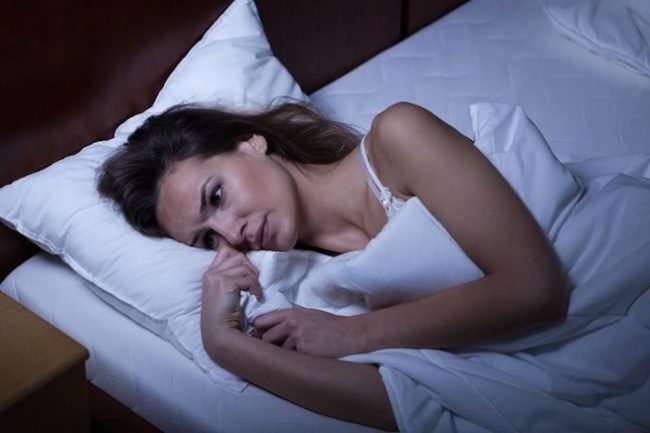





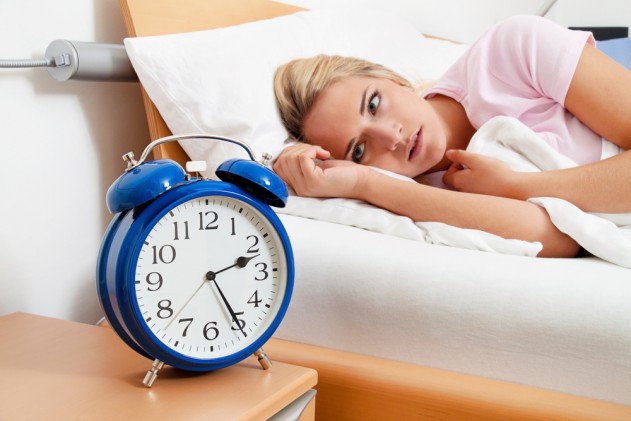
 Is your teen sleep deprived?
Is your teen sleep deprived?
